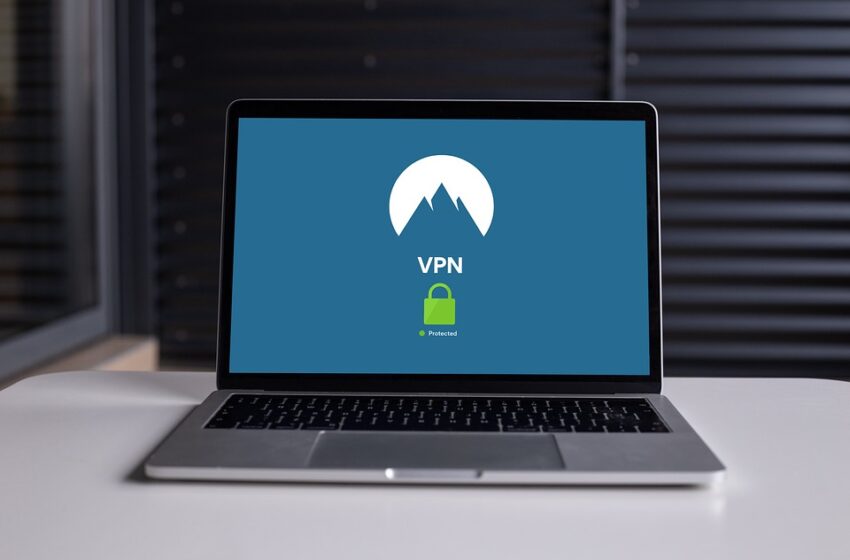Social Media Security: How to Protect Your Privacy Online

Social media has become an integral part of our daily lives, with millions of users around the world using platforms like Facebook, Twitter, and Instagram to connect with friends, family, and colleagues. While social media offers many benefits, it also poses significant risks to users’ privacy and security.
Given the amount of personal information that individuals share on social media, it is crucial to take steps to protect your privacy online. Here are some tips to help you safeguard your personal information and stay safe on social media platforms.
1. Think before you post: Before sharing anything on social media, consider whether it could potentially compromise your privacy or security. Avoid sharing sensitive information such as your home address, phone number, or financial details.
2. Use strong and unique passwords: It is essential to use strong, unique passwords for all your social media accounts. Avoid using the same password for multiple accounts, as this can make it easier for hackers to access your personal information.
3. Enable two-factor authentication: Two-factor authentication adds an extra layer of security to your accounts by requiring you to enter a code sent to your phone or email in addition to your password. This can help prevent unauthorized access to your accounts.
4. Review your privacy settings: Make sure to review and adjust the privacy settings on your social media accounts to control who can see your posts and information. You can customize settings to limit who can see your profile, photos, and posts.
5. Beware of phishing scams: Be cautious of any messages or emails asking for personal information, such as your login credentials or financial details. Scammers may try to trick you into giving them this information through phishing scams.
6. Be selective with friend requests: Only accept friend requests from people you know and trust. Be cautious of accepting requests from strangers or accounts with suspicious or fake profiles.
7. Avoid clicking on suspicious links: Be wary of clicking on links in messages or posts from unknown sources. These links could lead to phishing sites or malware that could compromise your security.
8. Monitor your accounts regularly: Regularly check your social media accounts for any unusual activity, such as unfamiliar logins or posts. If you notice anything suspicious, report it to the platform and change your password immediately.
By following these tips and being vigilant about your online security, you can protect your privacy and stay safe while using social media. Remember to always think twice before sharing personal information online and take proactive steps to safeguard your accounts and data. Your privacy and security are worth the extra effort.






